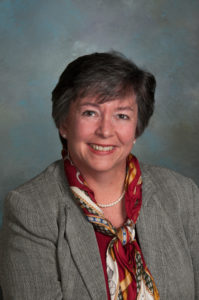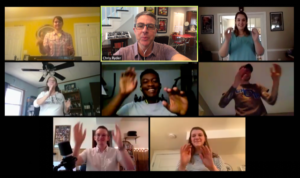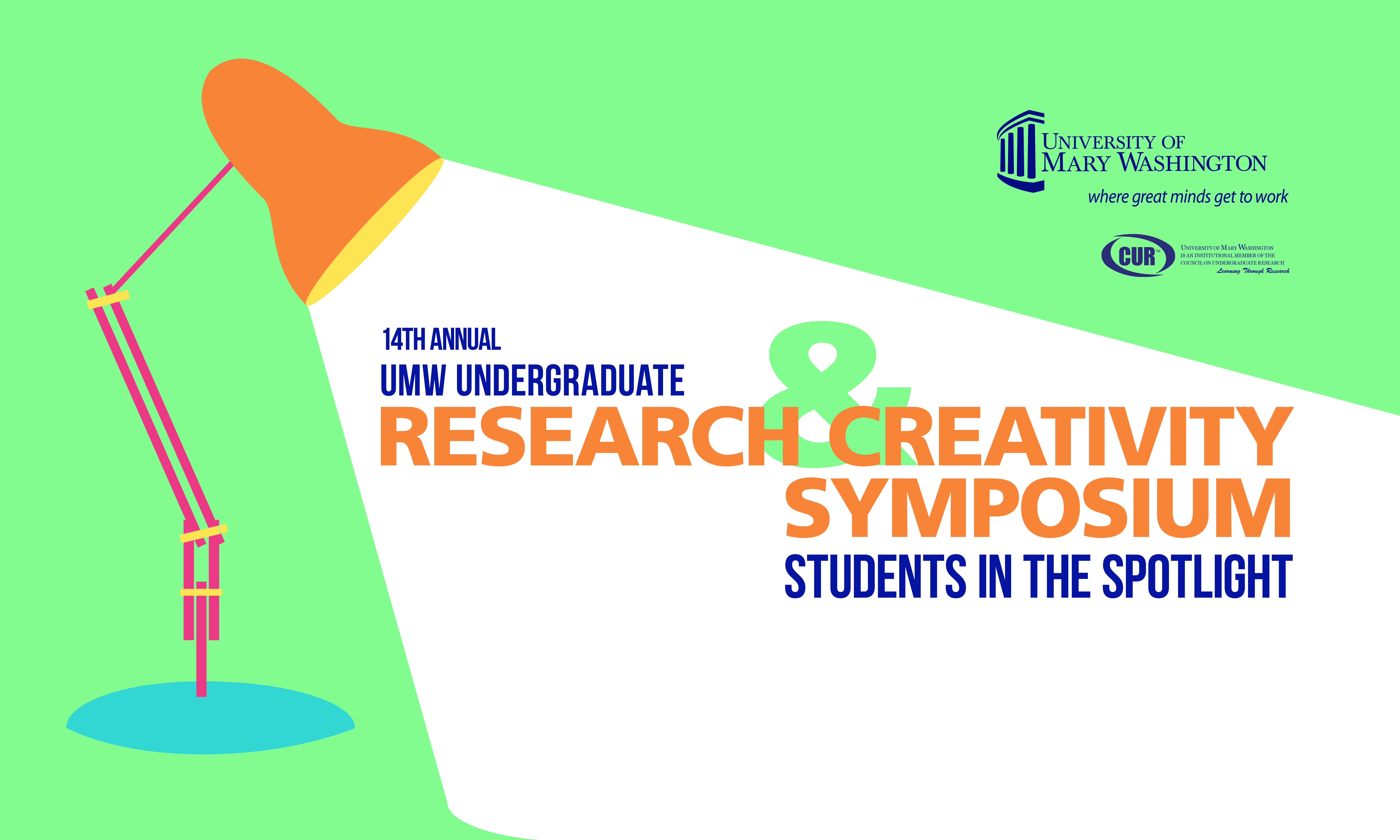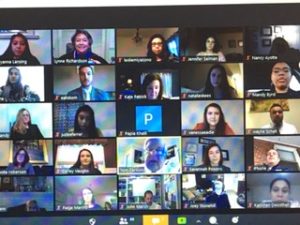UMW’s College of Business created a YouTube video to congratulate the Class of 2020, and specifically COB graduates, on completing their degrees. Compiled by Assistant Professor of Management Alexandra Dunn, the video features COB Dean Lynne Richardson, President Troy Paino and faculty from across the college.



